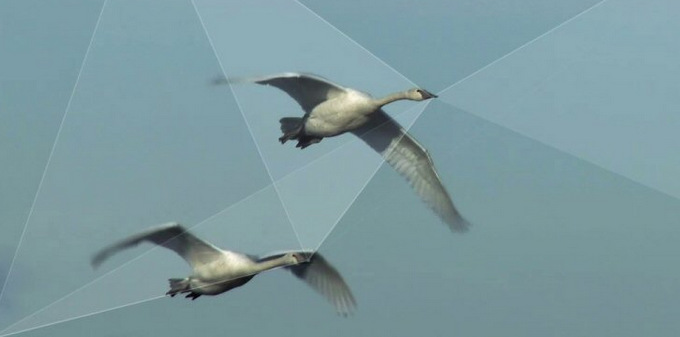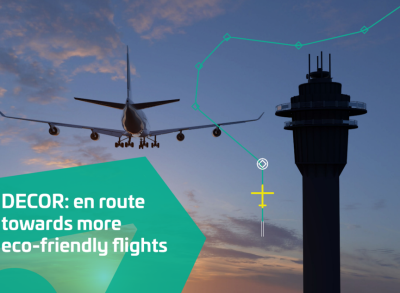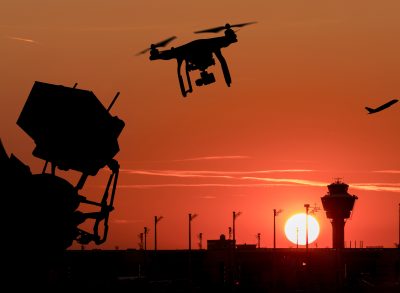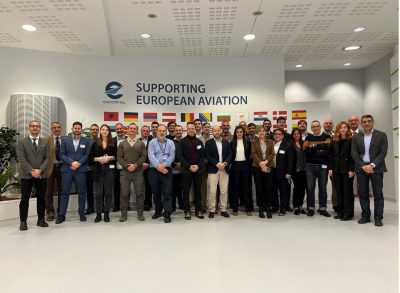The more you fly, the more you save
Protecting the planet is everybody's business. Thales is fully engaged in the movement, working alongside all the other stakeholders in the air transport sector to limit the industry's environmental footprint.

The eco-design approach encompasses the complete product life cycle. From the earliest design phase, Thales researchers and engineers investigate new materials or new architectures that could make onboard equipment lighter while maintaining or even improving performance levels. Our Integrated Modular Avionics concept, adopted for the first time on the Airbus A380 programme, has reduced the weight of avionics hardware by 15-20% and boosted onboard computing capacity at the same time. On the A320 programme, Thales redesigned the onboard computers used by the airliner for 20 years. Without changing the form factor to minimise the impact on the aircraft's other systems, we developed new, more powerful computers that weigh 70 kg less — the equivalent of one additional passenger per aircraft. In-flight entertainment systems have also shed a few pounds, with the latest models weighing in at 40% less than the equipment that was being installed ten years ago.
73 tonnes less CO2 a year for each kilo saved
All-electric commercial aircraft may still be a pipe dream, but "more electric" aircraft are already a reality. On the Boeing 787 Dreamliner, for example, the proportion of electrically powered systems has more than tripled compared to the previous generation of aircraft. Planemakers like what they see. Their new aircraft offer better fuel efficiency, a smaller carbon footprint and fewer NOx emissions — and they're also more reliable and less costly to maintain. Thanks to innovative solutions from Thales, a number of hydraulic or pneumatic aircraft systems have now gone electric.
Eco-design also involves reorganising manufacturing processes, and in particular adopting Lean engineering practices. For example, Thales's avionics businesses in France have become more specialised, ensuring that all the expertise required for a given process is available in the right place at the right time. This new organisation avoids unnecessary movements of people and equipment and improves the overall efficiency of the production system. The supply chain has also been reorganised. And, because eco-design spans the entire product life cycle, we work with specialised subcontractors to recycle certain materials when our equipment finally retires from service.
Greener from gate to gate
Keeping traffic flowing smoothly in the air and on the tarmac also plays a major role in cutting CO2 and NOx emissions. With better connectivity between airline information systems and air traffic control, onboard flight management systems can recalculate flight plans based on the latest data, enabling pilots to anticipate weather conditions en route and avoid congested airspace as the aircraft approaches its destination.
Thales brings to the table more than 30 years of experience in these intelligent, interconnected systems. We are constantly adding new functions to improve the efficiency, safety, security and environmental performance of air transport. Our latest airport navigation systems, for example, reduce taxi time and improve safety on the ground. New take-off procedures optimise engine thrust to cut noise and reduce fuel burn. A real-time cost index function calculates the best trade-off between flight duration and fuel consumption so that pilots can optimise energy costs and still arrive on time. In the final phases of a flight, continuous descent arrival procedures save fuel and minimise noise, while new satellite-based navigation procedures enable aircraft to land anywhere instead of having to fly hundreds of extra miles to the nearest airport equipped with special landing systems. All these solutions save time and money. Taken together, they could save operators as much as 10% on their fuel costs and make the flying experience better for everybody.
Thales is fully engaged in the movement for the sustainable development of the air transport sector, in particular through the Clean Sky, SESAR and NextGen programmes. Everybody has a role to play, and we are working alongside all the other stakeholders to make environmental responsibility a touchstone for the entire industry.




